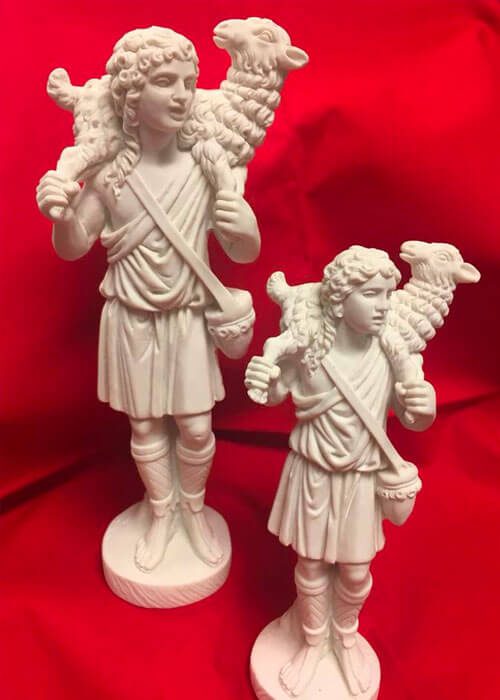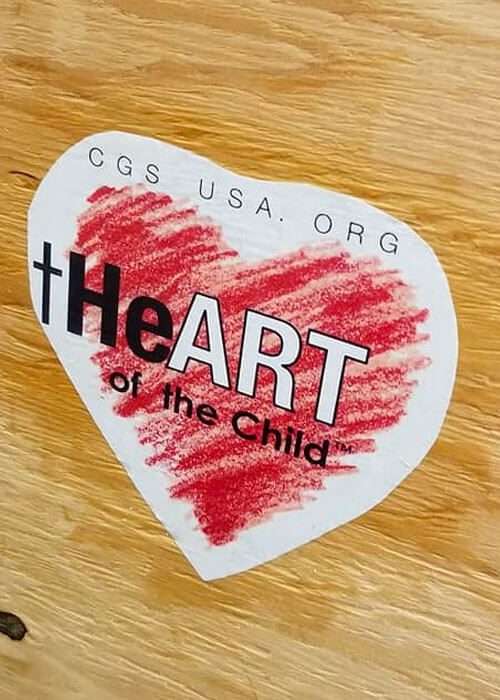Discover
CGS and Ecumenism
Ecumenism, from the Greek word “oikoumene,” meaning “the whole inhabited world,” is the promotion of cooperation and unity among Christians.
“Ecumenism is, first of all, an act of faith that opens completely new horizons before us. It is an act of faith similar to Abraham, who departed by the light of the stars toward the land that the Lord pointed out to him. But how to reach this land? Like Abraham we have a light that illumines us from above, namely our absolute trust in the God of history, who guides us to our goal. To this light we ought to entrust ourselves, and then ecumenism will become for us a profound education in faith.”
—Sofia Cavalletti; Read Sofia’s Perspective on CGS AS A CONTINUUM
Essentiality, a characteristic of the child, has guided both the choice of subjects and the catechesis methodology. Essentiality also appears to be a force for unity among Christians. Several things that could impede ecumenical progress are beginning to be overcome in The Good Shepherd Catechesis. In the past three decades, there has been extensive dialogue among the churches at national and international levels, but often when some consensus is reached there, the reception among churches at the local level is minimal. The catechesis network is a community ready and eager to receive the concrete suggestions for church fellowship that result from ecumenical agreements. Sometimes ecumenism at the local level is dependent on chance events: the comings and goings of the local priest or rector, a parishioner with strong interests in ecumenism. Though it is not really an institution, the catechesis gives some stamina and security to ecumenical efforts and provides some grass-roots models. The ecumenical aspect of the catechesis was a great surprise to everyone.
We have questions about the historical roots of the division, about the disciplines of the several churches, like the discipline regarding intercommunion; theological questions – scriptural, liturgical, ecclesial, doctrinal. We continue to ask these questions and as we continue to study and learn from each other. We stand together, and we proclaim God’s praise for so many gifts:
- The gift of the knowledge that our unity is in what is essential.
- The gift that the children guide us all as we work.
- The gift of ecumenical perspective that informs our formation courses.
- The gift of growing esteem and respect for our diverse traditions.
- The gift of our continued attempts, despite past failings, to eliminate any words, judgments, or actions that could make our mutual relations difficult.
- The gift of morning prayer and evening prayer.
And finally, the gift of our different traditions, which, rather than being an obstacle, have made The Catechesis of the Good Shepherd® even more comely, more beautiful. Ours is a simple work and a somewhat hidden work with children. But it could be a greater work than we realize. In the nineteenth century, the very hidden work of missionaries gave birth to the modern ecumenical movement. Missionaries realized that the division of the Christian churches undermined the credibility of the gospel. In the twentieth century, the hidden work at the desks of scripture scholars led to the historical-critical methods of scripture study and much collaboration across denominational lines. In the twenty-first century, our hidden work with children, begun by Sofia and Gianna, may prove to be another of God’s instruments designed to bring new life and new energy to the ecumenical movement.
We will wait and see and continue to work all together.
General Ecumenical Resources




